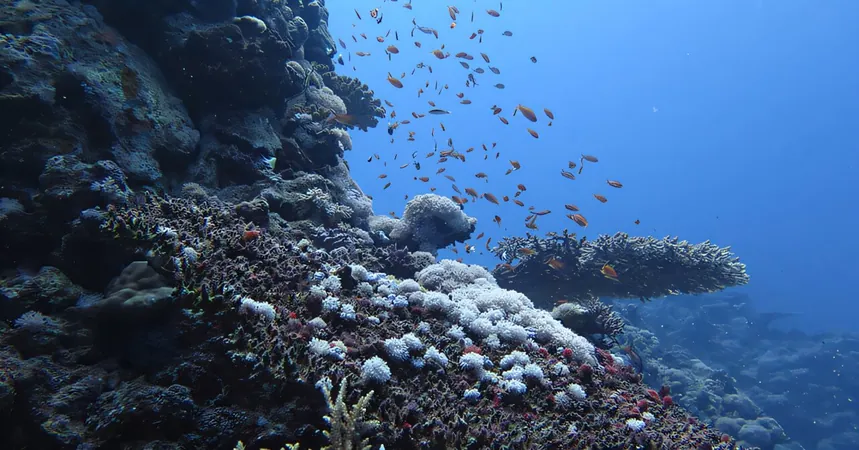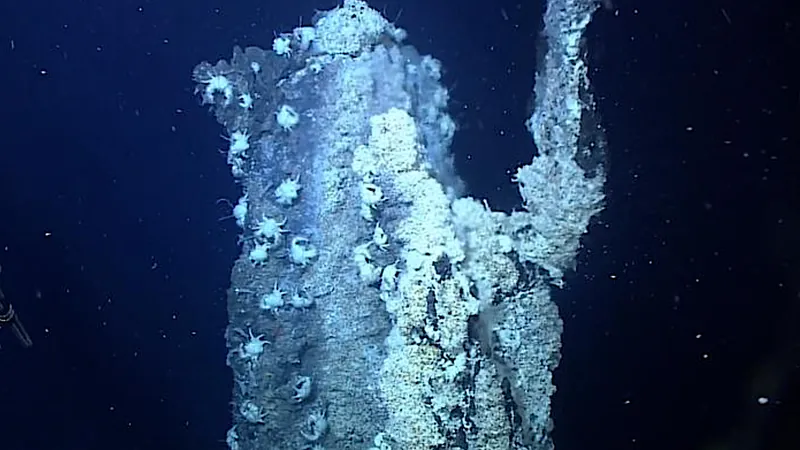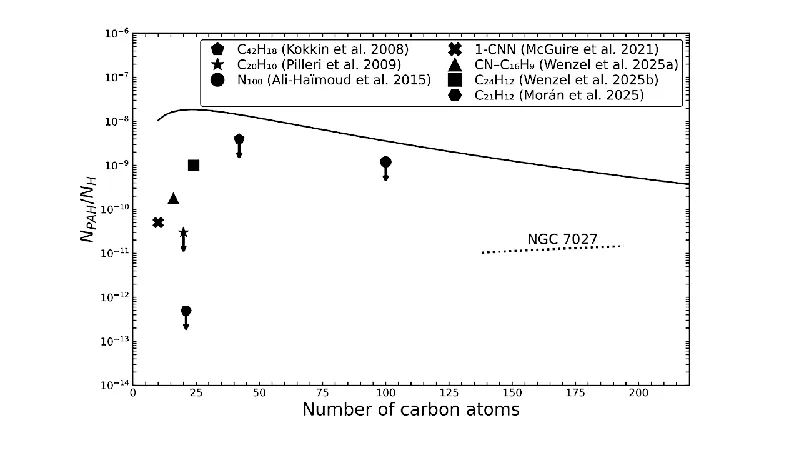
Unlocking the Secrets of 'Oxyscape': A Game-Changer for Coastal Ecosystems
2025-07-28
Author: Benjamin
Revolutionary Insights on Marine Resilience
A groundbreaking study from Newcastle University reveals that marine life might be far more resilient to the stresses of climate change than we ever imagined—thanks to the fluctuating oxygen levels in coastal waters.
Introducing the 'Oxyscape' Concept
Published in the journal *Trends in Ecology & Evolution*, the study explores the idea of the "oxyscape"—the dynamic landscape of oxygen levels in our oceans. This innovative framework aims to show how the natural ebb and flow of oxygen can empower marine species to withstand the threats posed by climate change and pollution.
A Call for a Paradigm Shift in Understanding Oxygen
The study urges a significant reevaluation of how we perceive and measure oxygen in marine environments. Instead of viewing oxygen merely as a critical necessity for life, it should be considered a resource that species may compete for, depending on availability, delivery speed, and environmental density. This fresh perspective could enhance predictions regarding species habitats, ecosystem responses to rising temperatures, and effective conservation strategies.
The Vital Role of Oxygen-Producing Habitats
Essential habitats such as kelp forests, coral reefs, seagrass meadows, and mangroves are crucial in combating oxygen depletion and fostering vibrant marine ecosystems. Ensuring their protection and restoration is vital in the fight against climate change to keep our coastal marine life flourishing.
Expert Insights on Oxygen Fluctuations
Dr. Marco Fusi, the lead author and Senior Lecturer in Marine Biology at Newcastle University, emphasizes the importance of understanding the ever-shifting 'oxyscape.' He argues that marine organisms must be studied under their true environmental conditions to fully grasp how they react to stressors such as pollution and rising temperatures. He states, "What seems mild to us could be extreme for fish and corals. We advocate for methods that measure oxygen in a manner reflective of what marine life truly experiences."
Predicting Climate Change Impact on Marine Species
Senior Researcher Dr. Fabrice Stephenson adds that acknowledging the variability of oxygen in coastal ecosystems will enhance our predictions about how marine species will handle climate change. This knowledge is invaluable, especially for important fisheries.
A Critical Approach for Future Management
Dr. Simone Baldanzi from the University of Valparaiso stresses the need to investigate the real oxygen dynamics that coastal species encounter. He believes this research is vital for the effective management of fisheries and mitigating the effects of global ocean deoxygenation.
A Call to Action for Ocean Conservation
Dr. Fusi concludes with a compelling reminder: safeguarding oxygen-rich habitats like seagrasses and mangroves not only enhances biodiversity but also plays a crucial role in sustaining the health of our coastal ecosystems. By understanding and preserving our 'oxyscape,' we can secure a thriving future for marine life amidst the challenges of climate change.









 Brasil (PT)
Brasil (PT)
 Canada (EN)
Canada (EN)
 Chile (ES)
Chile (ES)
 Česko (CS)
Česko (CS)
 대한민국 (KO)
대한민국 (KO)
 España (ES)
España (ES)
 France (FR)
France (FR)
 Hong Kong (EN)
Hong Kong (EN)
 Italia (IT)
Italia (IT)
 日本 (JA)
日本 (JA)
 Magyarország (HU)
Magyarország (HU)
 Norge (NO)
Norge (NO)
 Polska (PL)
Polska (PL)
 Schweiz (DE)
Schweiz (DE)
 Singapore (EN)
Singapore (EN)
 Sverige (SV)
Sverige (SV)
 Suomi (FI)
Suomi (FI)
 Türkiye (TR)
Türkiye (TR)
 الإمارات العربية المتحدة (AR)
الإمارات العربية المتحدة (AR)